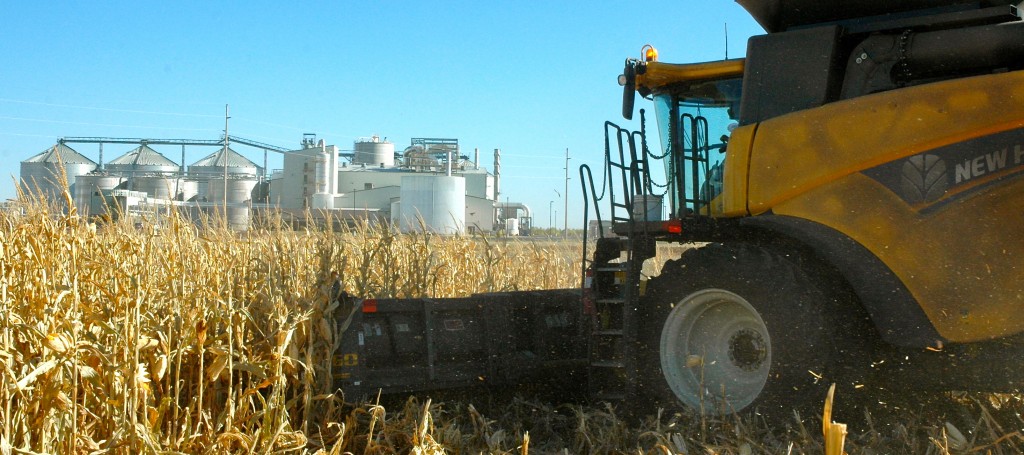Good news for the RFS?
It has been nearly one year since the United States Environmental Protection Agency released its proposed 2014 numbers lowering the Renewable Fuel Standard (a target mandate declaring how much renewable fuel the United States will consume). A proposal that could be potentially damaging to America’s corn farmers and biofuel producers who have grown into an environmentally friendly and reliable source of transportation fuel.
Now the proposal process has entered its final stage as it was reported in late August that after many months of considering the hundreds of thousands of comments submitted by interested parties, the EPA submitted the final 2014 RFS numbers to the White House’s Office of Management and Budget Review.
“After an extensive public outreach process, we’ve received 340,000 comments that will help inform our final determinations,” the agency said. “EPA will issue a final rule making after the interagency review process has been completed.”
Typically OMB reviews take can up to 90 days and many speculate that the numbers will surely not be released until after the elections in early November.
While the timeline continues to drag on there have been hints of good news being dropped by EPA administrator Gina McCarthy.
“You’ll see the numbers will say… if gasoline sales go up, there is a chance for more renewables to get into the system.” Gasoline sales have been higher than anticipated, a fact that will be reflected in the rule, McCarthy said recently.
In addition to that, back in July the administrator stated “We’re just taking the time we need to make sure the Renewable Fuel Standard takes that into account. It has taken awhile longer. I think they’ll (ag, ethanol) be pleased that we’re taking the time to get it right.”
As farmers have been waiting for a final decision to come during the past months, they have cultivated a potential record corn crop for the second straight year proving they are plenty capable of consistently providing an abundant and affordable feedstock to be processed into a vast supply of clean-burning biofuels.
The RFS has allowed the biofuels industry to grow and in turn has created hundreds of thousands of jobs, bolstered rural America’s economy, lessened the country’s dependence on foreign oil, kept down volatile gas prices and reduced the amount of greenhouse gas emissions and other toxic pollutants released by regular gasonline. All of these are vitally important to economy, environment and next generation.
But who would benefit from a weakened Renewable Fuel Standard? Not consumers. Not the environment. Not future generations. Click here to find your answer.

